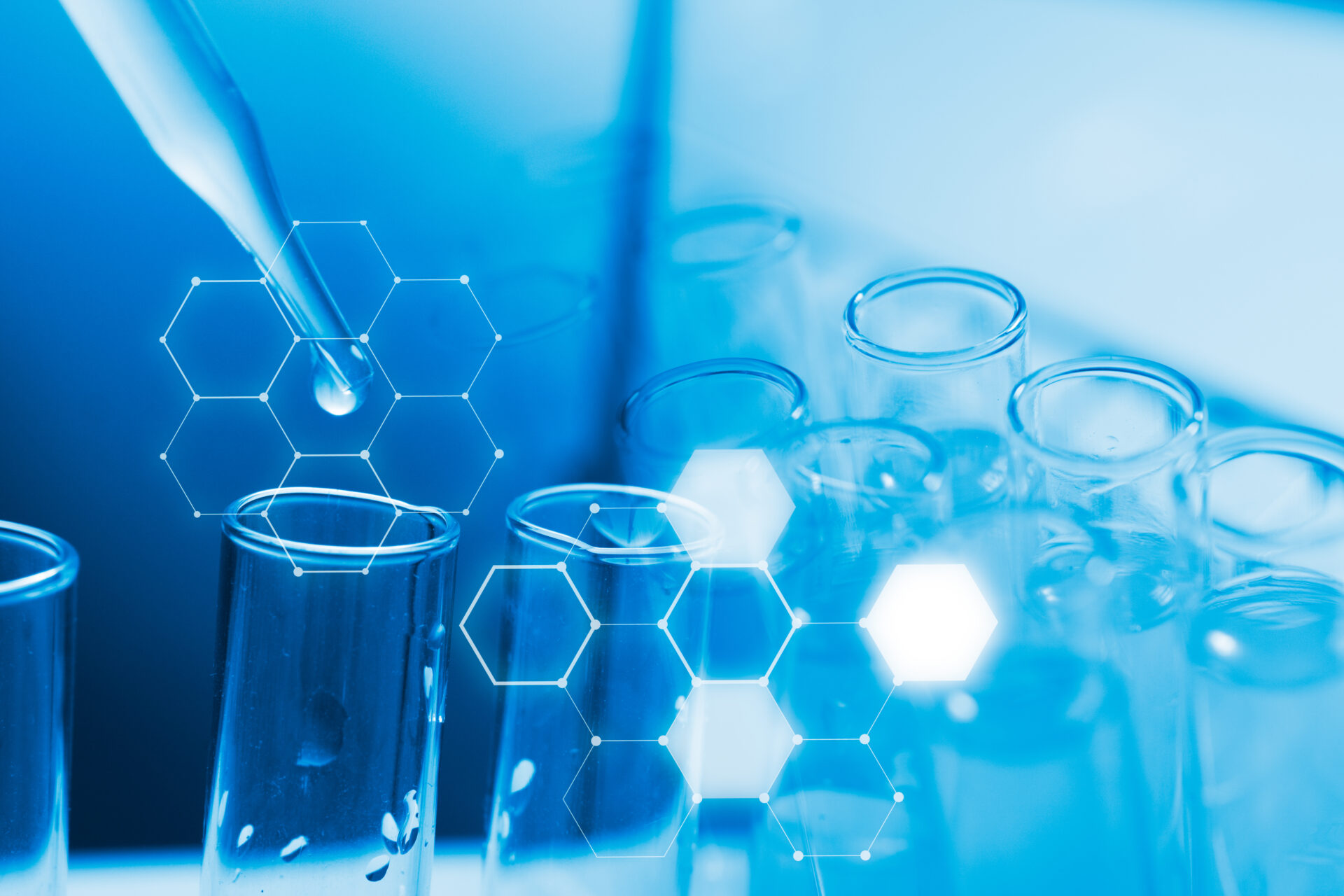Fraunhofer researchers develop streamlined method for pharmaceutical production
A team of interdisciplinary researchers from the Fraunhofer-Gesellschaft has unveiled a new method for producing fine chemicals, including those used in pharmaceuticals, potentially transforming the traditionally complex and labour-intensive manufacturing process. The novel approach, modelled on a cascade system, allows multiple successive stages of synthesis to proceed without interruption, offering significant improvements in efficiency and energy conservation.
Addressing industry challenges
The production of fine chemicals, particularly those utilised in pharmaceutical applications, has long been characterised by intricate and resource-intensive processes. These manufacturing methods often involve multiple discrete steps, each requiring careful control and monitoring, leading to increased production times and energy consumption.
The Fraunhofer team’s innovative approach seeks to address these challenges by implementing a continuous flow system that mimics natural cascade reactions. This method allows for seamless progression through various synthesis stages, eliminating the need for intermediate isolation and purification steps that typically slow down production and increase energy requirements.
Novel catalysts and specialised reactors
Central to the success of this new technique is the development and application of novel catalysts specifically designed for use in flow-through reactors. These catalysts play a crucial role in facilitating the continuous progression of chemical reactions throughout the cascade system.
The researchers have also focused on creating specialised flow-through reactors that are precisely adjusted to accommodate the unique properties of these novel catalysts. This synergy between catalyst and reactor design enables the seamless execution of multiple reaction steps in a single, uninterrupted process.
Enhancing efficiency and sustainability
By eliminating the need for intermediate product isolation and purification between reaction steps, the cascade-style synthesis method significantly reduces the time and energy required for pharmaceutical pro-
duction. This streamlined approach not only enhances overall efficiency but also contributes to the sustainability of drug manufacturing processes.
The reduction in energy consumption achieved through this method aligns with growing industry efforts to minimise the environmental impact of pharmaceutical production. As sustainability becomes an increasingly important consideration in drug development and manufacturing, innovations such as this cascade synthesis technique are likely to gain traction within the industry.
Supporting Germany’s pharmaceutical production
The researchers emphasise that their modular technology platform has the potential to bolster Germany’s position as a hub for pharmaceutical production. By offering a more efficient and cost-effective method for drug manufacturing, the new technique could help maintain the competitiveness of domestic pharmaceutical companies in an increasingly globalised market.
The ability to produce drugs more efficiently and with lower energy requirements could also contribute to reducing manufacturing costs, potentially leading to more affordable medications for patients.
While the initial results of this research are promising, further studies will likely be necessary to fully evaluate the scalability and broad applicability of the cascade synthesis method across various types of pharmaceutical compounds. Additionally, regulatory considerations will need to be addressed to ensure that drugs produced using this new technique meet all necessary quality and safety standards.





